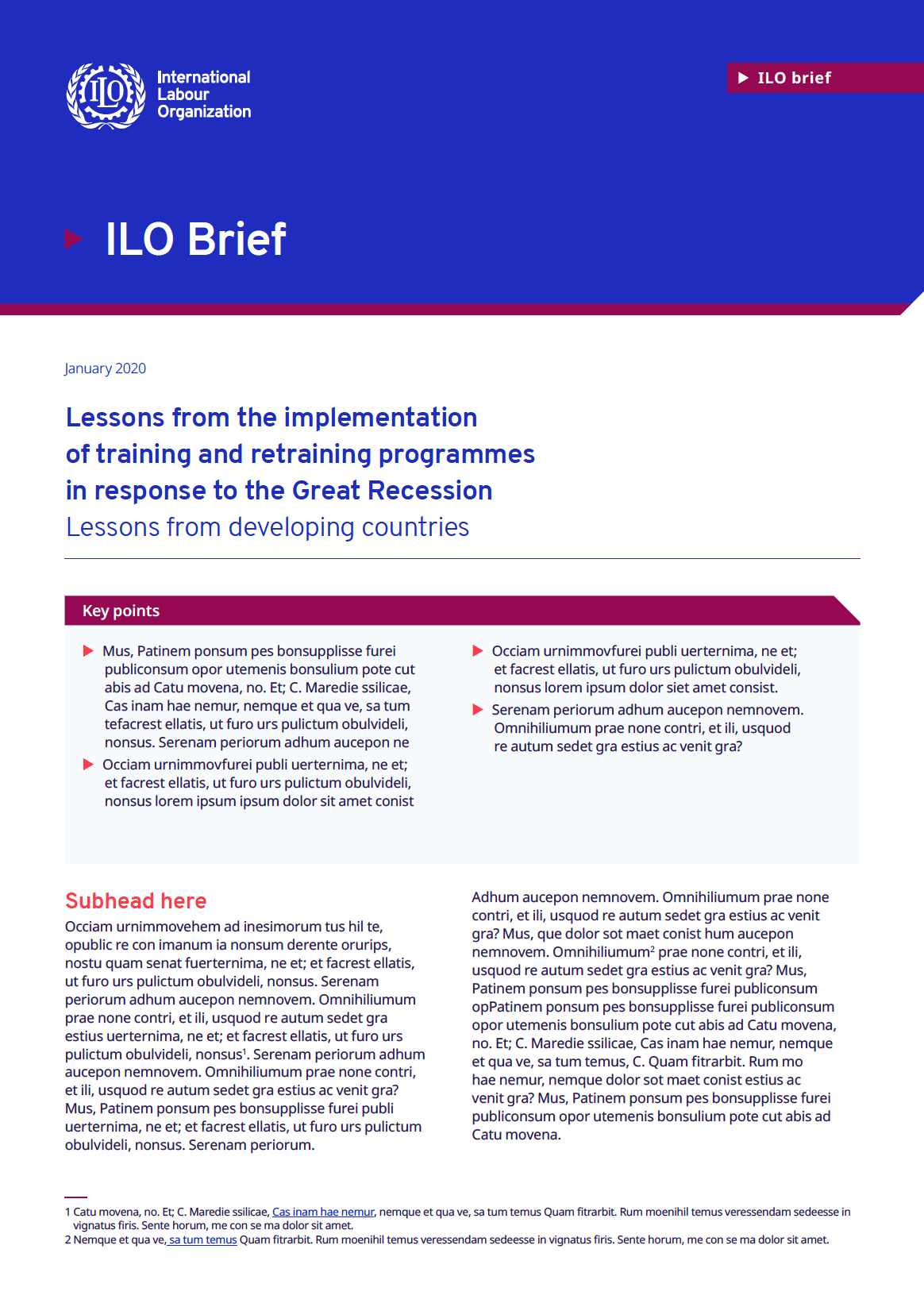Skills development in South Asia: Trends in Afghanistan, Bangladesh, India, Nepal, Pakistan and Sri Lanka
One of the biggest challenges for South Asian countries in coming years is to unlock the latent potential of the millions of young people entering the workforce. The region is poised to benefit from a “demographic dividend”, which could lead to great gains in poverty reduction, employment generation and economic growth. Yet the other possible result is widespread youth unemployment.
In this context, the importance of skills development as a driver of socio-economic development is paramount. Governments have recognised the importance of education and training in this process. There have been notable successes in improved participation rates for primary and secondary education across the region. But youth unemployment and underemployment remain pervasive, despite a growing cohort of educated young workers joining the workforce. As a result, policymakers are now placing greater emphasis on understanding skill gaps in labour markets and developing skills systems geared to address these.
This publication maintains that the potential economic rewards of greater public-sector focus on skills could be immense, though the complexity of the challenge and other competing priorities suggest that such efforts must be targeted, guided by data and evidence, and done in collaboration with the private sector.




